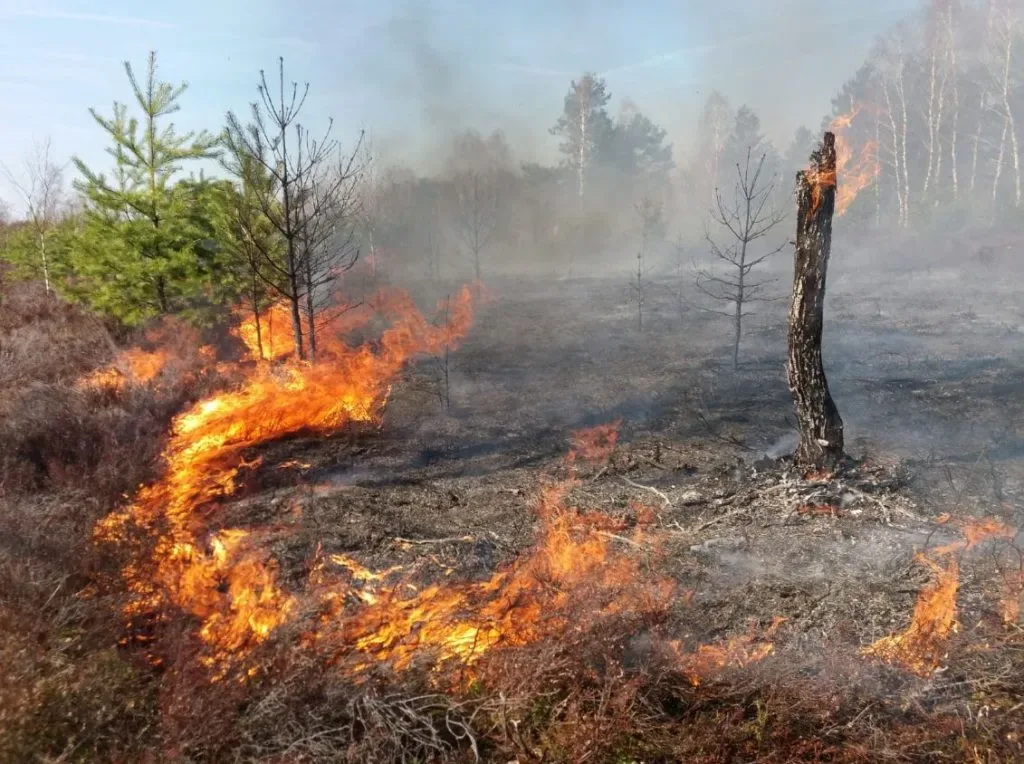The latest climate change reports from leading global organizations paint a dire picture of the planet’s future, emphasizing the urgent need for collective action to mitigate the devastating impacts of climate change.

*Record-Breaking Temperatures and Greenhouse Gas Levels*
The World Meteorological Organization’s (WMO) State of the Global Climate 2024 report reveals that this year is expected to be one of the warmest on record, with rising greenhouse gas levels, ocean heat, and sea-level rise. The report highlights the alarming trend of increasing global temperatures, which have significant implications for ecosystems, human health, and the economy.
*Adaptation Gap and Climate Finance*
The United Nations Environment Programme’s (UNEP) Adaptation Gap Report 2024 underscores the need for increased climate adaptation efforts, particularly in finance, to support vulnerable communities. The report emphasizes that the current level of climate finance is insufficient to meet the needs of developing countries, exacerbating the adaptation gap.

*Devastating Health Impacts*
The Lancet Countdown on Health and Climate Change 2024 report reveals that climate change is having record-breaking threats to health and survival. The report highlights the significant impacts of climate change on human health, including increased mortality, morbidity, and displacement.
*Regional Climate Impacts*
Climate change is having far-reaching impacts on various regions, including:
– *Africa*: Climate-related disasters and water scarcity are projected to reduce GDP by 2-5% in many African countries.
– *Latin America and the Caribbean*: The region is experiencing increased extreme weather events, sea-level rise, and glacier melting.
– *Asia*: Climate-related disasters, such as floods and heatwaves, are affecting millions of people, with significant economic losses.

*Call to Action*
The reports emphasize the urgent need for collective action to address the climate crisis. Governments, international organizations, and individuals must work together to:
– *Reduce Greenhouse Gas Emissions*: Immediate and deep emissions reductions are necessary to limit global warming to 1.5°C above pre-industrial levels.
– *Increase Climate Finance*: Developed countries must provide adequate climate finance to support vulnerable communities in adapting to climate change.
– *Support Climate Resilience*: Governments and international organizations must work together to build climate resilience and support sustainable development.
*Conclusion*
The latest climate change reports serve as a stark reminder of the urgent need for action to mitigate the devastating impacts of climate change. The window for action is rapidly closing, and it is imperative that governments, international organizations, and individuals work together to address this global challenge.
